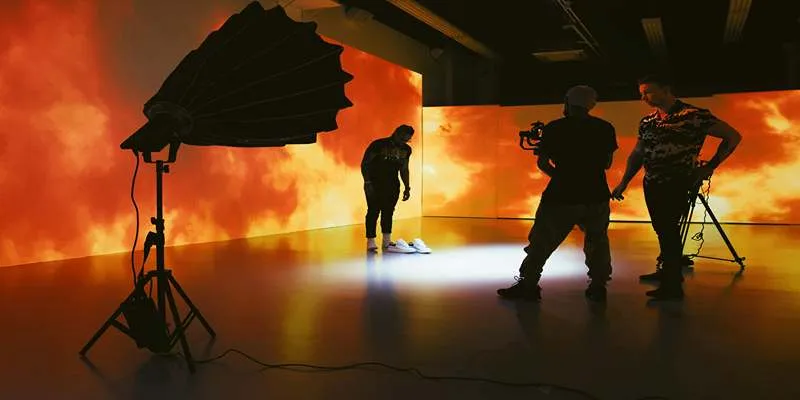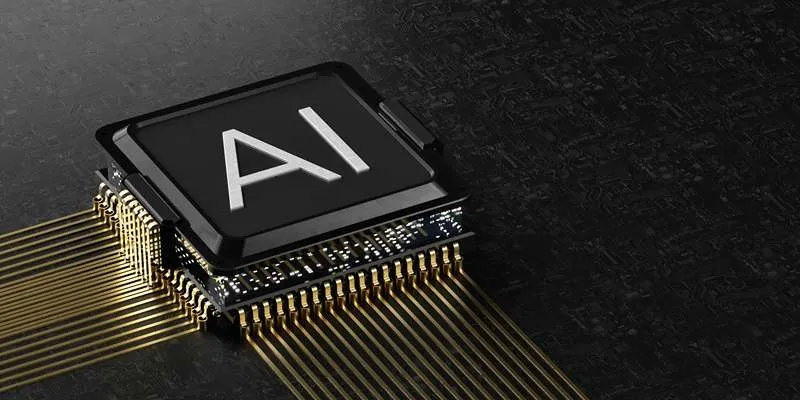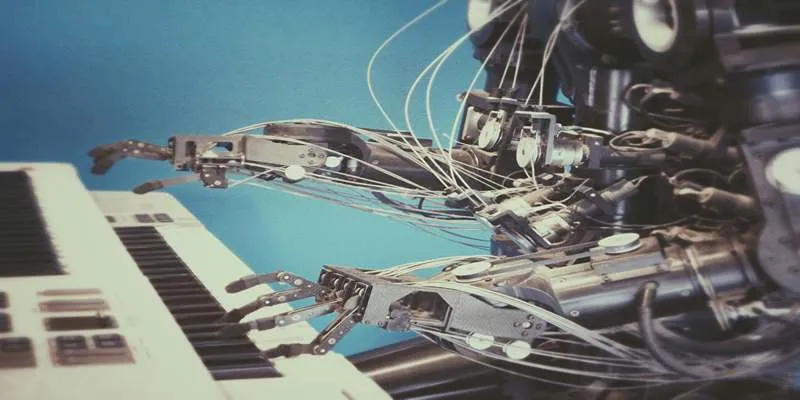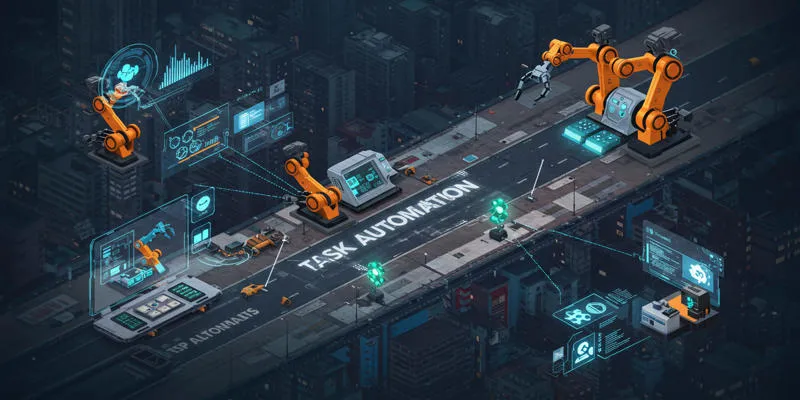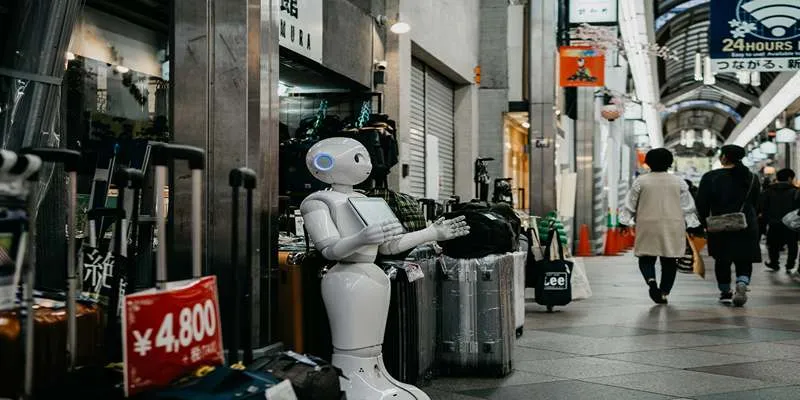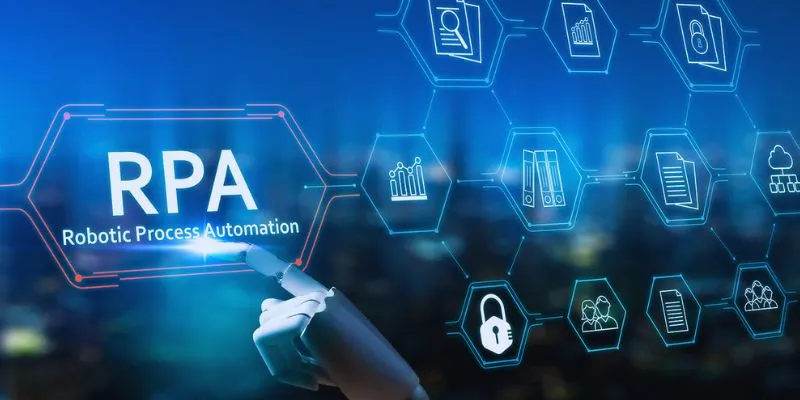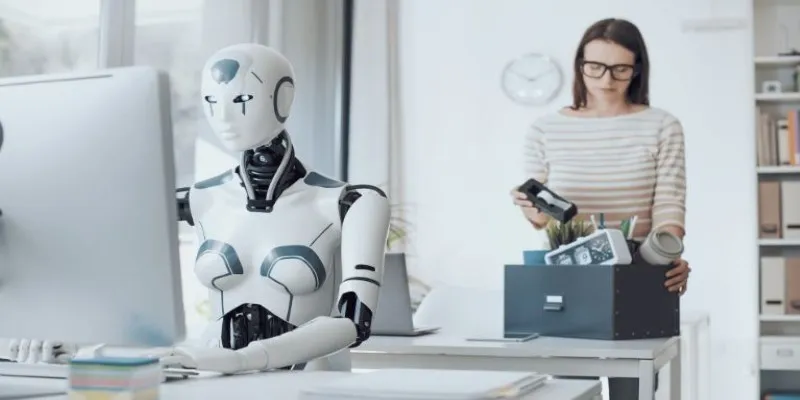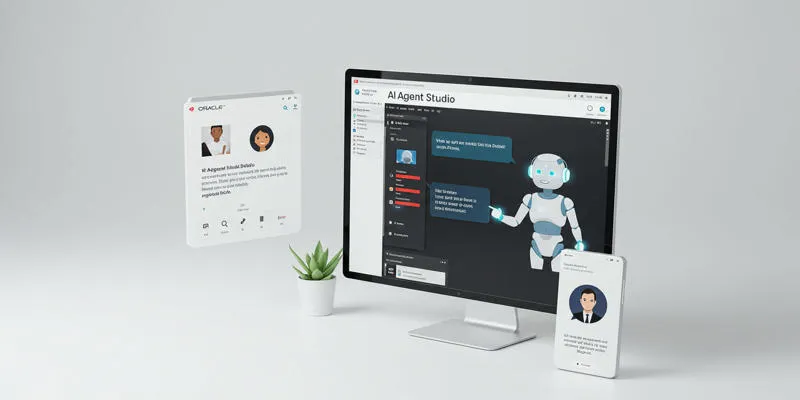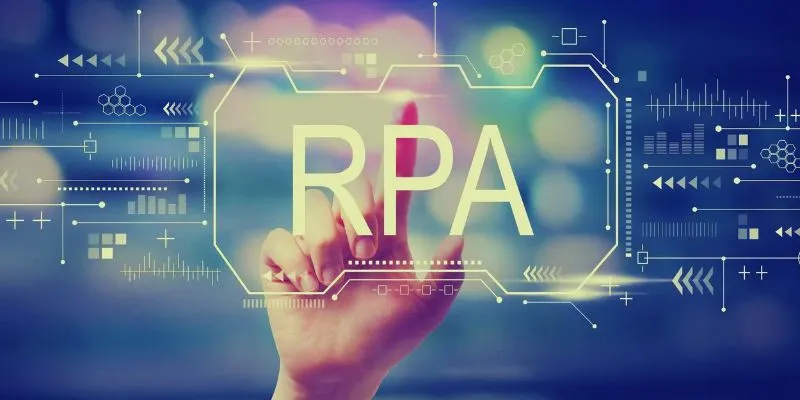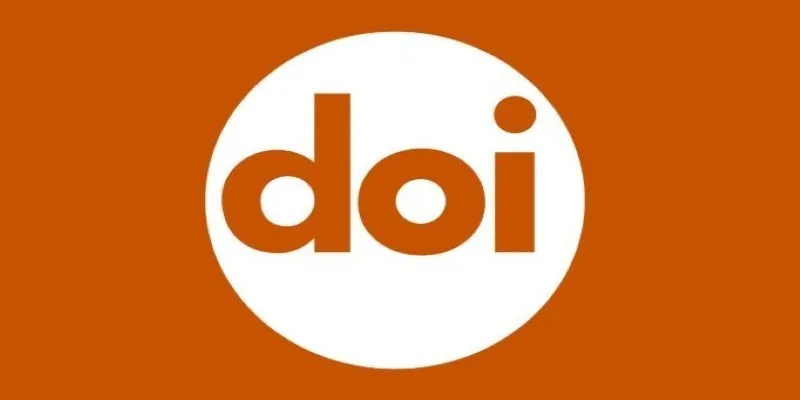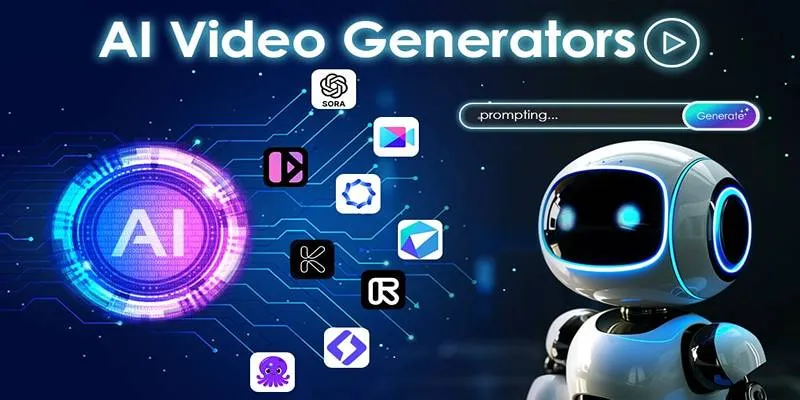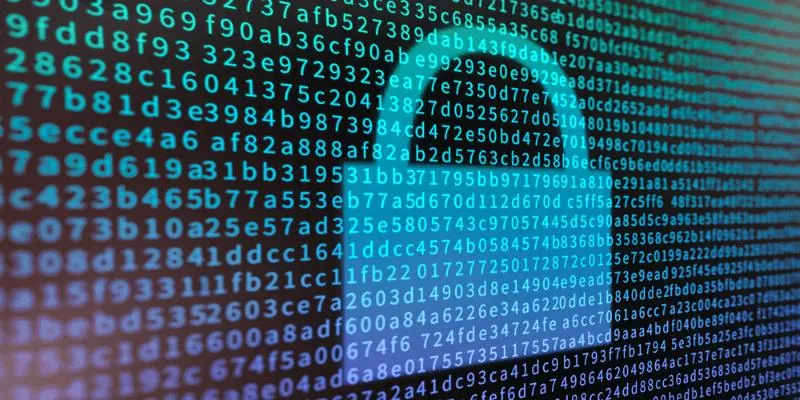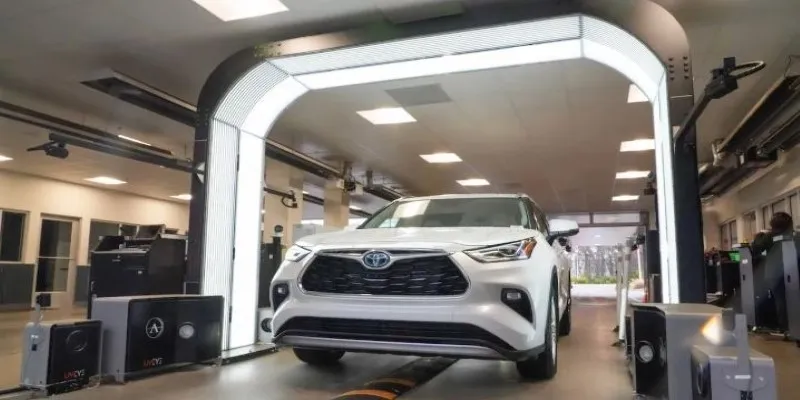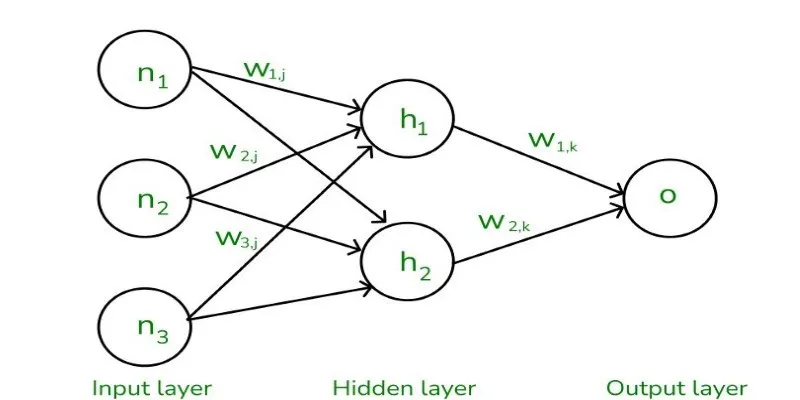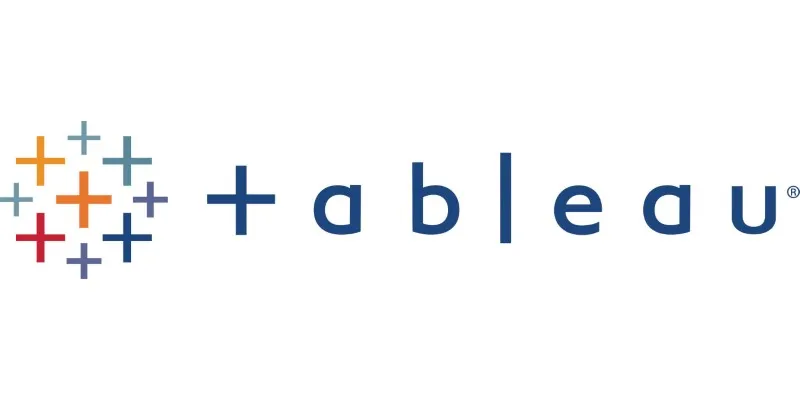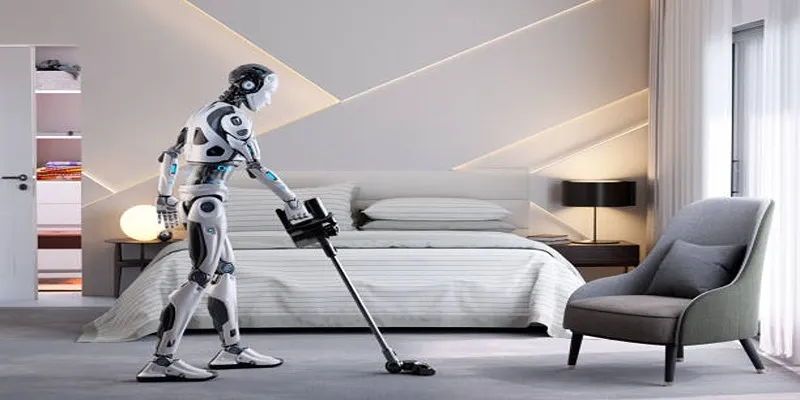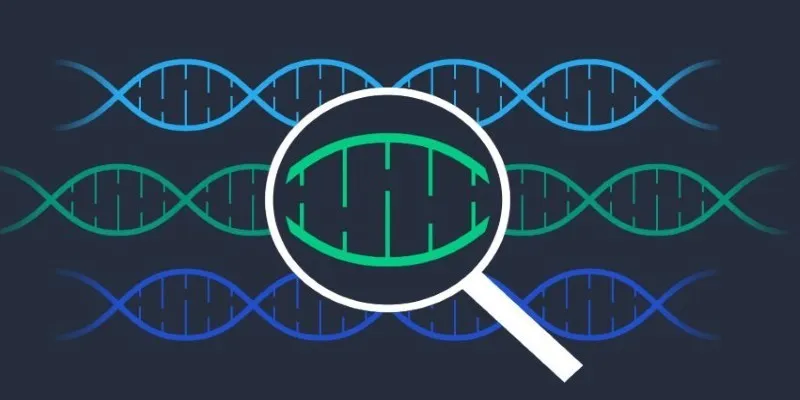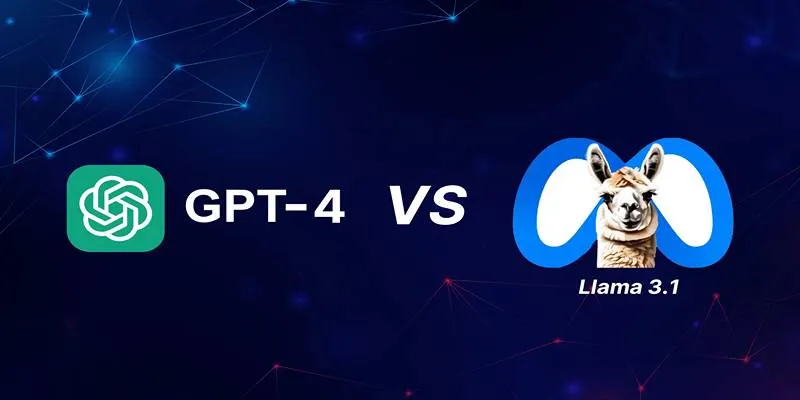As artificial intelligence (AI) continues to advance, many fear job displacement due to automation. The implementation of AI is transforming various sectors, enhancing the efficiency of routine activities, and redefining the concept of employment. However, not all careers are threatened. Certain positions that involve creativity, emotional intelligence, and complex decision-making are difficult for AI to master, making them resistant to disruption. It’s important to identify which careers are safe from the AI threat to ensure job security in the future. Professions in healthcare, education, skilled trades, and human services remain relevant because they require a human touch and specialized skills. This article will explore the factors that make some careers resistant to AI and highlight the most promising jobs that AI won’t easily replace.
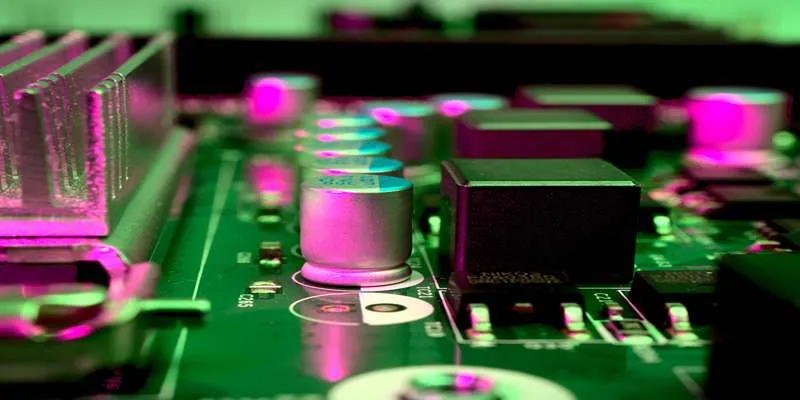
Why Some Jobs Are Safe From AI
Human Creativity and Emotional Intelligence
While AI can analyze data, learn from it, and identify patterns, it lacks true creativity and empathy. Jobs that involve creativity, innovation, and interpersonal relations, such as artists, musicians, writers, and designers, remain secure. These professions require a level of creativity that AI cannot replicate. Similarly, careers that demand emotional intelligence, like therapists, counselors, and customer service representatives, are safe. Although AI tools like chatbots can assist, they lack the emotional depth necessary for meaningful interactions. This limitation ensures the continued presence of careers focused on creativity and emotional intelligence.
Hands-On and Skilled Labor Professions
Automation excels in repetitive and structured tasks but struggles with jobs that demand flexibility, hand-eye coordination, or physical interaction. Skilled trades, such as electricians, plumbers, mechanics, and construction technicians, involve uncertainty and require human judgment. While robots can be used in production lines, they lack the dexterity and adaptability needed for on-site repairs and installations. These complexities ensure that certain careers remain shielded from AI threats. The integration of AI tools by skilled workers can enhance productivity without replacing them.
Decision-Making in High-Stakes Professions
AI can rapidly analyze vast amounts of information, but it cannot exercise judgment in decision-making. Professions requiring critical thinking, ethical analysis, and contextual understanding, such as law, healthcare, and finance, remain human-centric. For example, doctors diagnose and treat patients using knowledge, skills, and personal interactions that AI cannot replicate. Similarly, lawyers assess judicial decisions, negotiate, and advocate based on rationality. In these fields, ultimate decisions will always be made by humans, safeguarding them from AI takeover.
Careers That Are Safe From AI
Healthcare and Medical Professions
The healthcare industry relies on expertise, empathy, and decision-making, making it difficult to completely automate with AI. Doctors, nurses, surgeons, and physical therapists perform tasks requiring flexibility and patient interaction. While AI enhances diagnostic capabilities and robotic surgeries, it cannot replace human healthcare professionals. Services such as therapy and counseling depend on human interaction. With an aging population, healthcare careers are expected to grow, remaining crucial to societal well-being.
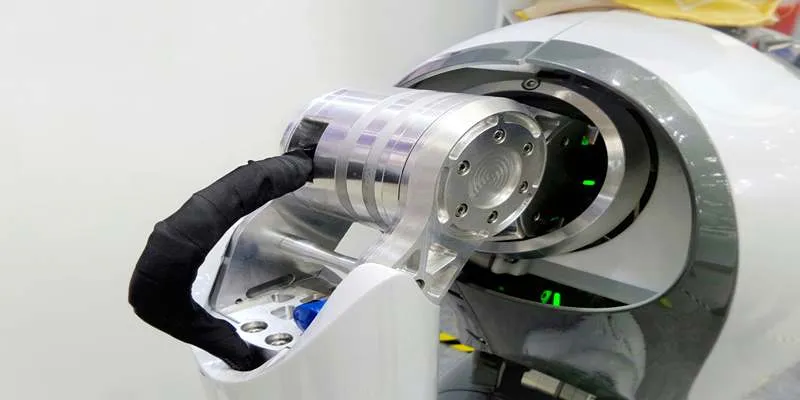
Skilled Trades and Technical Jobs
Professions like electricians, plumbers, HVAC technicians, and mechanics require hands-on experience that AI and automation cannot substitute. These roles involve problem-solving, manual skills, and working in unpredictable conditions, unlike factory environments that can be mechanized. Skilled trades face unique challenges that require human problem-solving capabilities. The high demand for these jobs ensures their resilience against AI. Diagnostic tools can assist but not replace skilled professionals.
Education and Human Services
Teaching involves interpersonal communication and mentorship, roles that AI cannot fully replace. Teachers are essential for inspiring students and providing personalized guidance, even as AI enhances educational tools. Similarly, social workers, counselors, and human service professionals address emotional and social issues requiring compassion, critical thinking, and world knowledge that AI lacks. These roles demand a personal approach and will remain immune to AI.
The Future of AI-Proof Jobs
While some industries face disruption, others see new opportunities requiring human input and innovation. AI development, cybersecurity, and digital ethics are increasingly popular as organizations need experts to manage and refine AI technologies. Despite ethical considerations integrated into AI, specialists in these fields will always be needed. Additionally, sustainable development careers, such as environmental science or renewable energy, require critical thinking and problem-solving that AI cannot fully replace.
Conclusion
AI and automation will reshape industries, but certain careers will continue to thrive. Jobs requiring human creativity, emotional intelligence, hands-on expertise, and complex decision-making will remain resilient. Healthcare, skilled trades, education, and emerging AI-focused fields offer strong job security. As technology advances, individuals must adapt by acquiring new skills and embracing lifelong learning. By understanding which jobs are protected from automation, professionals can future-proof their careers, ensuring stability in an increasingly AI-driven world. Investing in human- centric skills will be key to long-term success in the evolving job market.
 zfn9
zfn9
